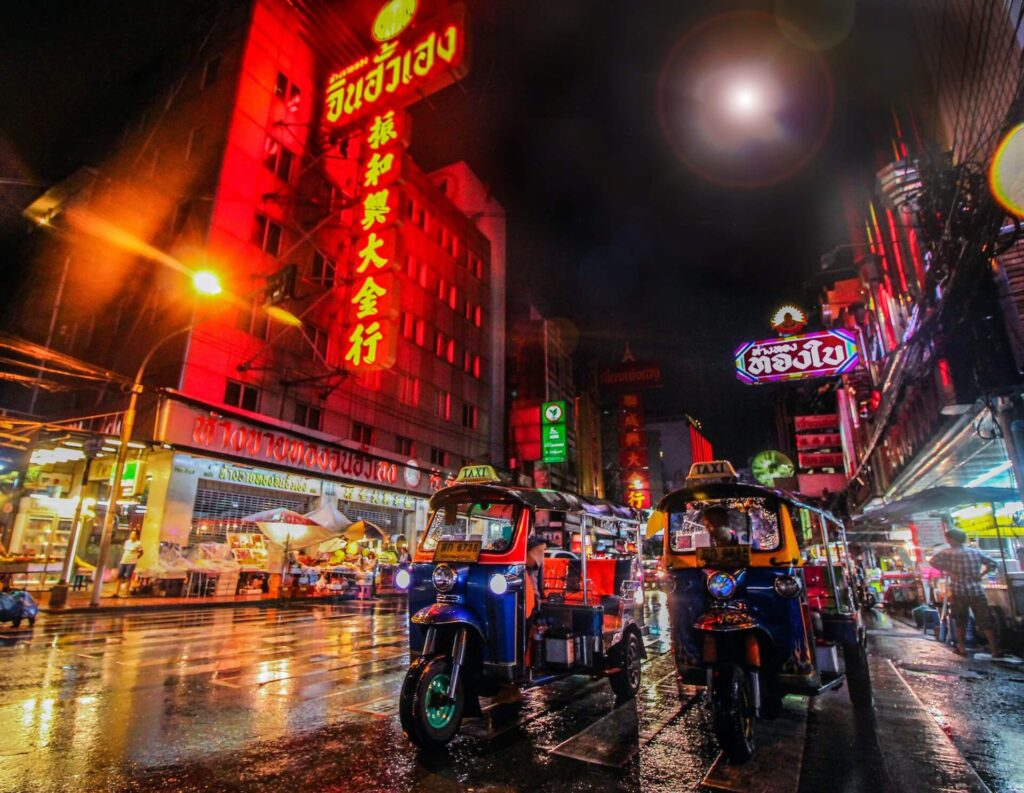
Do you know the current status of medical cannabis in Asia? In Thailand, strict regulations on cannabis were in place until 2018 when medical marijuana and cannabis-related products became legal. What about Japan, South Korea, Malaysia, and Singapore? Let’s explore the current situation of medical cannabis in Asia.
Current Status of Medical Cannabis in Asia
Let’s delve into the current status of medical cannabis in the Asian region, focusing on Thailand, Japan, South Korea, Malaysia, and Singapore.
Thailand
Thailand legalized medical marijuana, cannabis-related products, and medical cannabis cultivation in 2018. In 2021, commercial use of cannabis in food, beverages, and cosmetics was also permitted. In 2022, cannabis was removed from the list of controlled substances, allowing for home cultivation as well. Thailand is leading the way in the Asian cannabis industry. Since the legalization of medical cannabis in 2018, numerous cannabis-related companies have emerged within the country, and the medical cannabis market continues to grow steadily.
Japan
As of 2023, medical and recreational marijuana remains illegal in Japan. However, there have been multiple discussions regarding the legalization of medical cannabis, indicating a growing interest in using cannabis for medical purposes. While medical and recreational marijuana are not legalized, CBD is legal, and CBD products like CBD oil are available for sale.
South Korea
South Korea legalized medical marijuana for limited medical use around the same time as Thailand in 2018. Previously known for its strict anti-drug stance, South Korea became the first East Asian country to legalize medical cannabis, gaining international attention. Recreational use remains illegal.
Malaysia
As of 2023, medical and recreational cannabis are not legalized in Malaysia. The country has strict penalties for drug-related offenses. Under Section 6B of the Dangerous Drugs Act 1952, cannabis cultivation is strictly prohibited, and importation is limited to licensed entities. In 2021, the import and use of products containing medical cannabis for medical purposes were allowed if compliant with the law.
Singapore
Both medical and recreational use of cannabis are illegal in Singapore. The country is known for having one of the most stringent drug control measures in the world. In 2018, Singapore’s National Research Foundation (NRF) announced the development of synthetic medicinal cannabinoids for potential use in treating Alzheimer’s and Parkinson’s diseases. In 2021, two patients received permission to use medical cannabis for epilepsy treatment. However, there is currently no progress towards legalizing medical cannabis, and regulations remain strict.
While we’ve highlighted some countries in Asia, looking to the Pacific region, Australia legalized THC-containing medical cannabis in 2016. In 2020, the Australian Capital Territory (ACT) government, where the capital Canberra is located, became the first in Australia to partially legalize recreational cannabis. However, cannabis remains illegal in other states.
Will Thailand Influence the Asian Region?
As mentioned earlier, Thailand has emerged as a flourishing cannabis industry hub in Asia. Being one of the first in the region to legalize medical cannabis, the country has witnessed the establishment of numerous clinics and hospitals utilizing medical marijuana. Additionally, the development of CBD products, which offer relaxation without psychoactive effects, has gained momentum, with various industries entering the market, including edibles, beverages, cosmetics, and CBD oil.
Countries closely connected with Thailand may also see an increase in CBD product usage and potential medical cannabis legalization.
In Conclusion
We’ve provided an overview of the current status of medical cannabis in the Asian region. Countries like Thailand and South Korea have legalized medical cannabis, while Japan, Malaysia, and Singapore have not legalized medical or recreational cannabis. The medical cannabis landscape in Asia is worth keeping an eye on for future developments.
